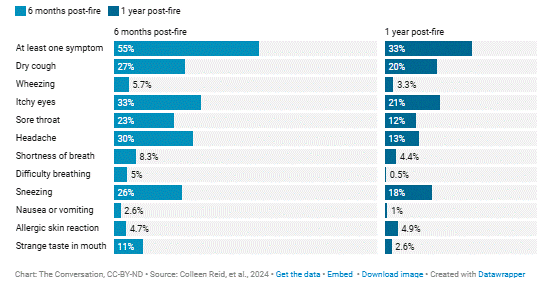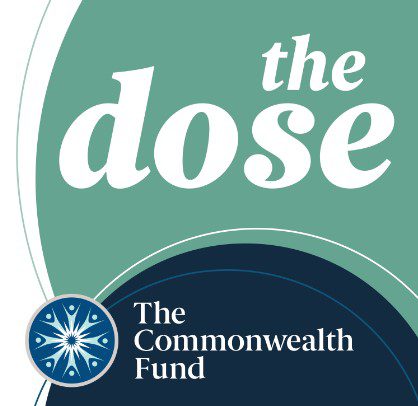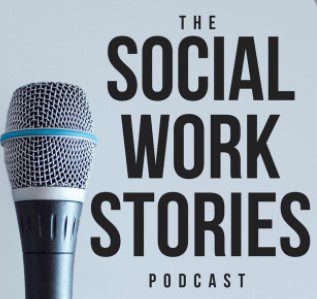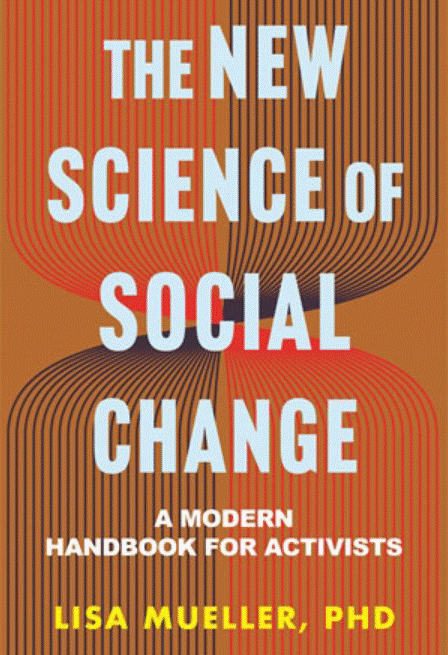
A survey of 579 residents who reported homes smelling like smoke or chemicals one week after the Marshall Fire found that 55% had at least one health symptom six months later. Of the 389 who responded to a follow-up survey a year later, 33% had at least one health symptom.






